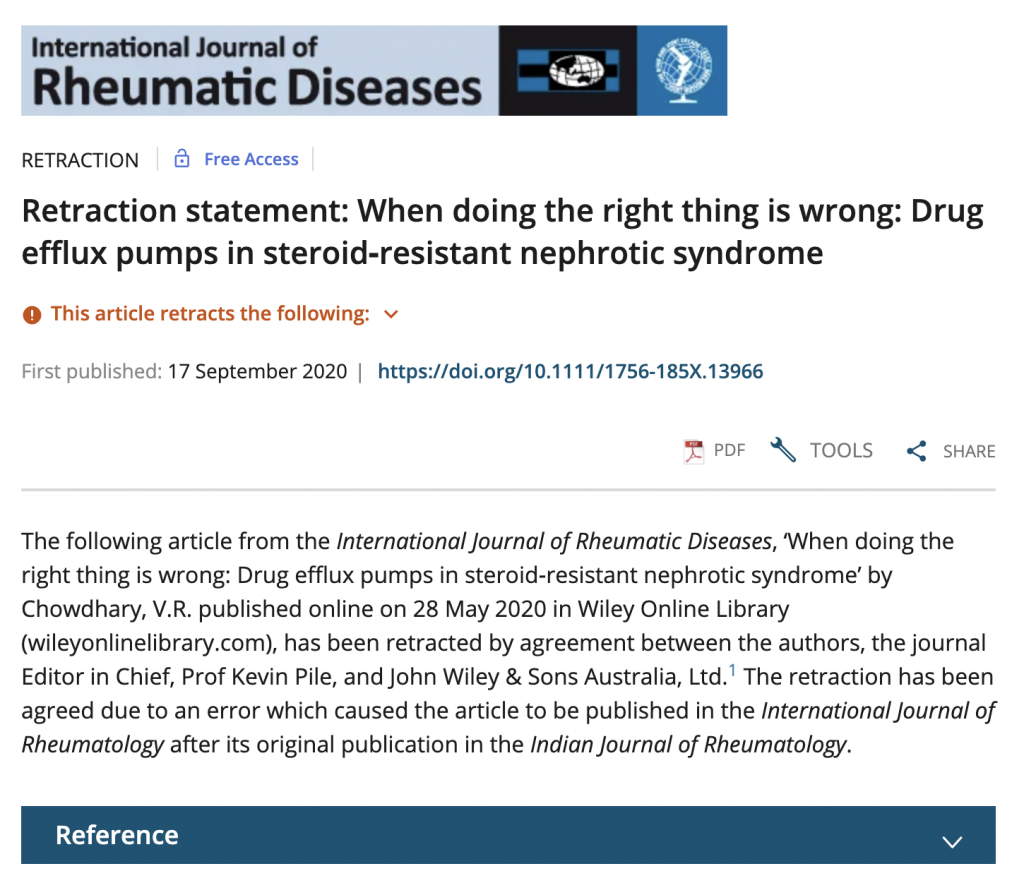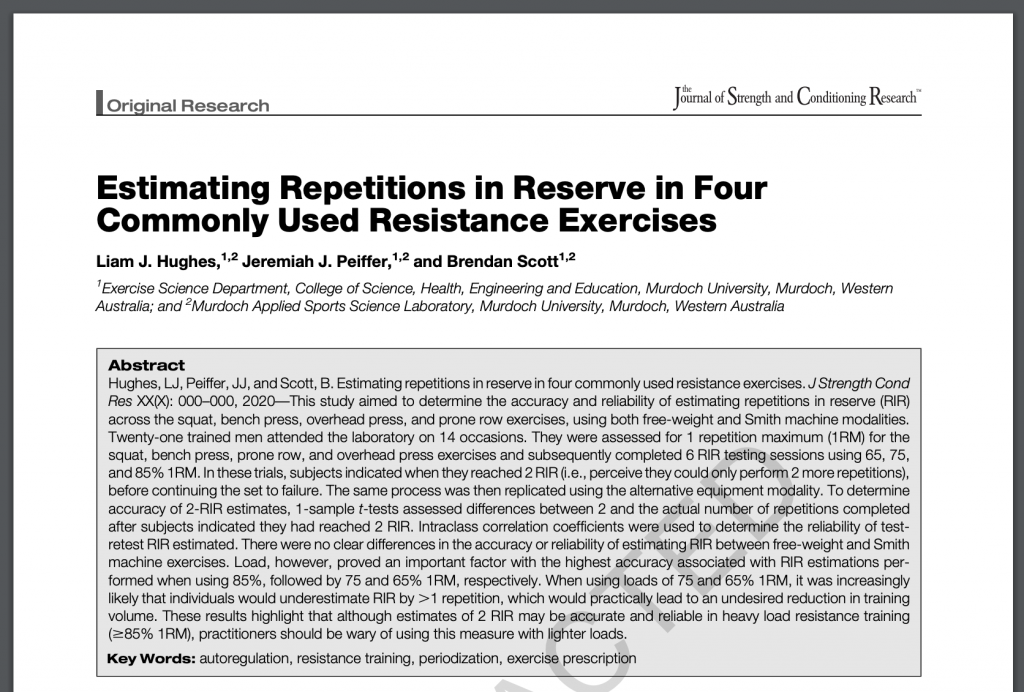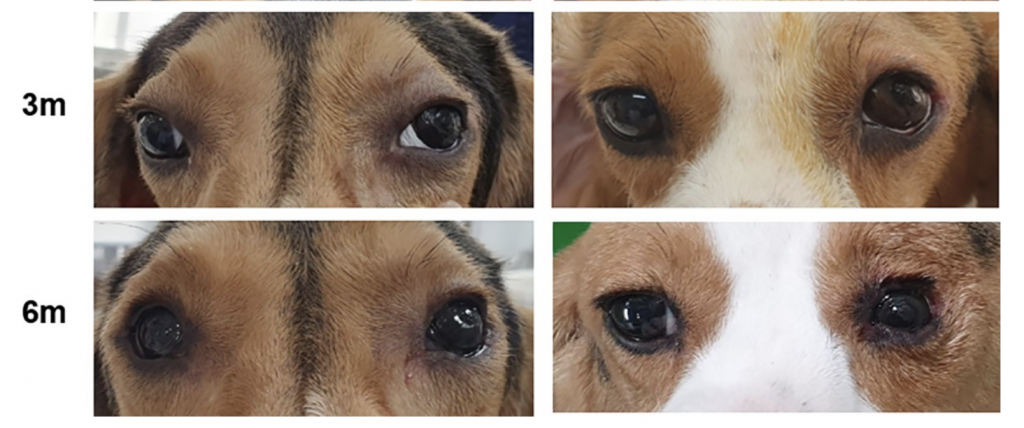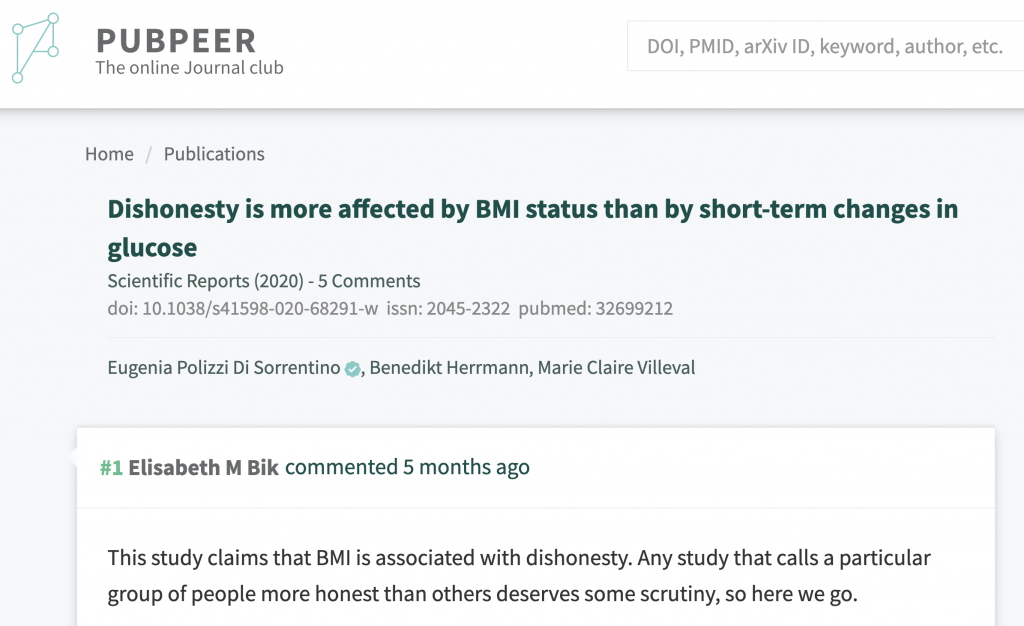
A former postdoc at the University of Texas Health Science Center has been found guilty of misconduct stemming from efforts to rig preprint servers to boost the postdoc’s publication metrics.
The findings about Yibin Lin include the fabrication and falsification of data, as well as plagiarism in six published papers that have since been retracted from the preprint server bioRxiv. On none of those articles does the name “Yibin Lin” appear as an author.
Lin also admitted to making up author names on submitted articles — none of which was published — to dupe preprint servers to “improve his citation metrics,” according to the U.S. Office of Research Integrity (ORI).
Continue reading Former Texas postdoc earns 10-year federal funding ban for faking authors and papers to boost metrics








